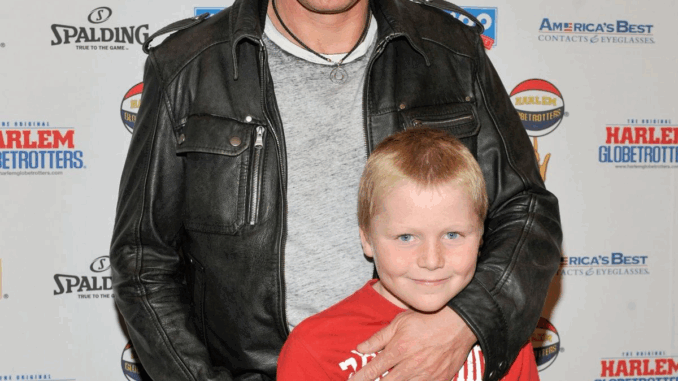
For years, Gordon Ramsay has been celebrated as the fearless, foul-mouthed savior of failing restaurants. His name became a brand. His face, a symbol of culinary dominance. But what if that brand—built on fury, insults, and reality TV redemption—wasn’t as noble as we thought?
A growing undercurrent of disillusionment is rising among former employees, contestants, and collaborators who have remained silent for too long. Behind the camera-ready smile and Michelin stars lies a truth that many insiders now say the public has been too eager to ignore.
The Masked Persona
To audiences, Gordon Ramsay is two people: the fire-breathing dragon of Hell’s Kitchen, and the compassionate mentor of MasterChef Junior. But according to former production crew members, this duality is more calculated than it appears.
One former staffer from Kitchen Nightmares, who worked behind the scenes for three seasons, claimed the “transformation stories” were carefully staged. “Some of those kitchens were worse after we left,” they revealed. “But we edited it to look like a miracle. Gordon knew how to sell the image.”
They allege that Ramsay was deeply involved in shaping how he would be perceived—approving which scenes to cut, which failures to soften, and which moments to amplify. “He knew exactly what kind of monster fans wanted.”
The Staff Turnover No One Talks About
Ramsay has built restaurants around the globe, but some have quietly shut down, not because of market failure, but due to what former employees describe as “unlivable environments.” In one now-deleted social media post, an ex-line cook from one of Ramsay’s London eateries detailed 18-hour shifts, verbal abuse, and a toxic hierarchy where fear replaced leadership.
“I came in idolizing him,” the post said. “I left hating food.”
It’s not just anonymous posts. Several high-profile chefs who once trained under Ramsay have since left his shadow with very public exits. One famously said in an interview: “Working under Gordon Ramsay taught me what kind of boss I never want to be.”
The Reputation Economy

Ramsay’s empire is too big to fail—or so it seems. But in recent years, more critics and chefs have questioned why bad behavior continues to be rewarded with more TV deals and brand endorsements.
Why do we celebrate a man who screams at line cooks, humiliates servers, and uses fear as a management tool? Is the kitchen still the last place where bullying is not just tolerated—but applauded?
Even food critics have weighed in, pointing out how Ramsay’s onscreen antics would never be acceptable in any other profession. “If a surgeon acted like Ramsay,” one wrote, “he’d be banned from the OR.”
The Stories That Won’t Air
Several contestants from Hell’s Kitchen and MasterChef have quietly alluded to moments that never made the final cut—breakdowns, hospitalizations, even verbal fights that crossed the line. One former finalist said they were pressured to stay despite panic attacks, because quitting would “ruin the story arc.”
“They promised us mentorship,” she said. “What we got was psychological warfare.”
The Empire May Be Cracking
Gordon Ramsay is still wildly popular. His TikToks go viral. His restaurants win awards. His face is a global brand. But the cracks are forming—and they’re coming from within.
Fans are starting to question the formula. Former employees are finding the courage to speak. And the culinary world is asking a question it should have asked years ago:
Was Gordon Ramsay ever the hero—or just the best villain television ever wrote?